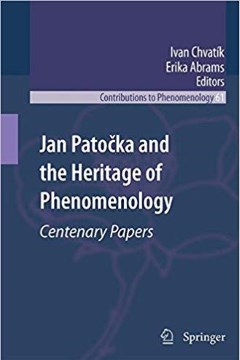Repository | Book | Chapter

(2011) Jan Patočka and the heritage of phenomenology, Dordrecht, Springer.
In our times, the mind-body problem has assumed the form of trying to explain the qualitative aspect of experience. As David Chalmers expresses it, "It is widely agreed that experience arises from a physical basis, but we have no good explanation of why and how it so arises." In fact, as John Locke long ago noted, there is "no conceivable connection" between them. We cannot conceive how from the structure and dynamics of a physical process the appearing of the world can arise. In my paper, I argue that this impasse points to the reform of metaphysics that Patočka's asubjective phenomenology envisaged. According to Patočka, the appearing of the world is "something completely original." It "cannot be converted into anything that appears in appearing." Various things appear, but "appearing itself is not any of the things that appear." If we accept this, then we cannot ontologize showing, i.e., explain it in terms of what shows itself. In particular, we cannot say that it is the result of the material elements and processes that make up a natural scientific account of perception. The unbridgeable gap between physical processes and experience points, in fact, to the originality of appearing or manifestation and, hence, to the study of it as envisaged in Patočka's asubjective phenomenology.
Publication details
DOI: 10.1007/978-90-481-9124-6_9
Full citation:
Mensch, J. (2011)., Patočka and artificial intelligence, in E. Abrams & I. Chvatík (eds.), Jan Patočka and the heritage of phenomenology, Dordrecht, Springer, pp. 111-120.
This document is unfortunately not available for download at the moment.



